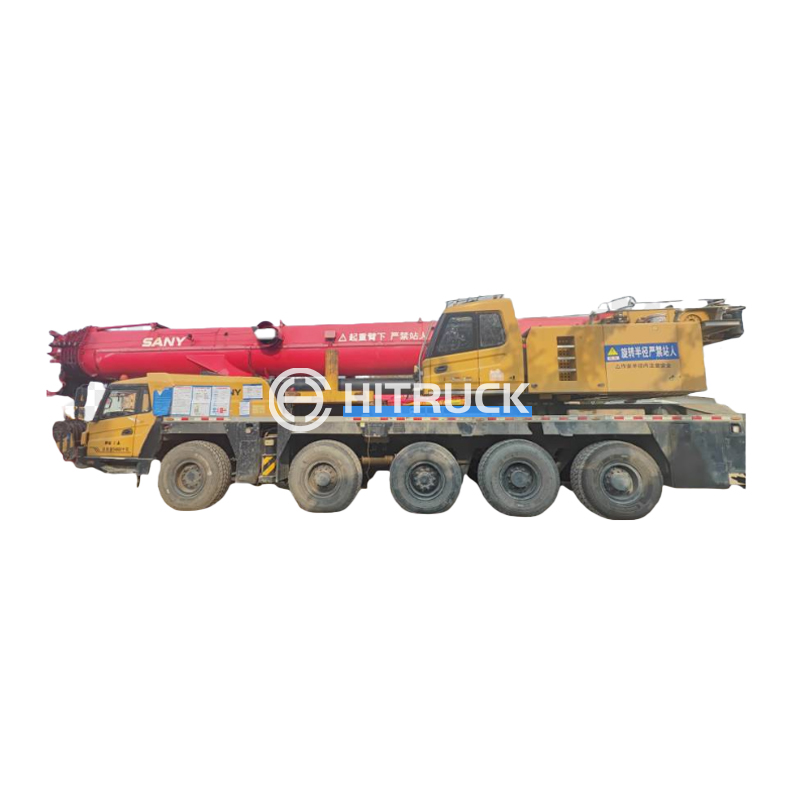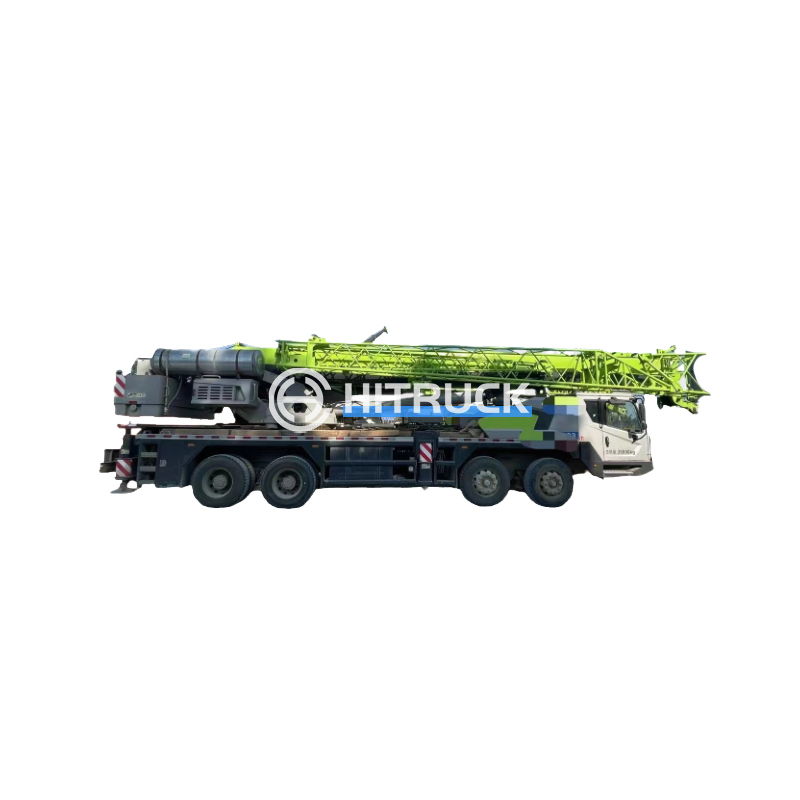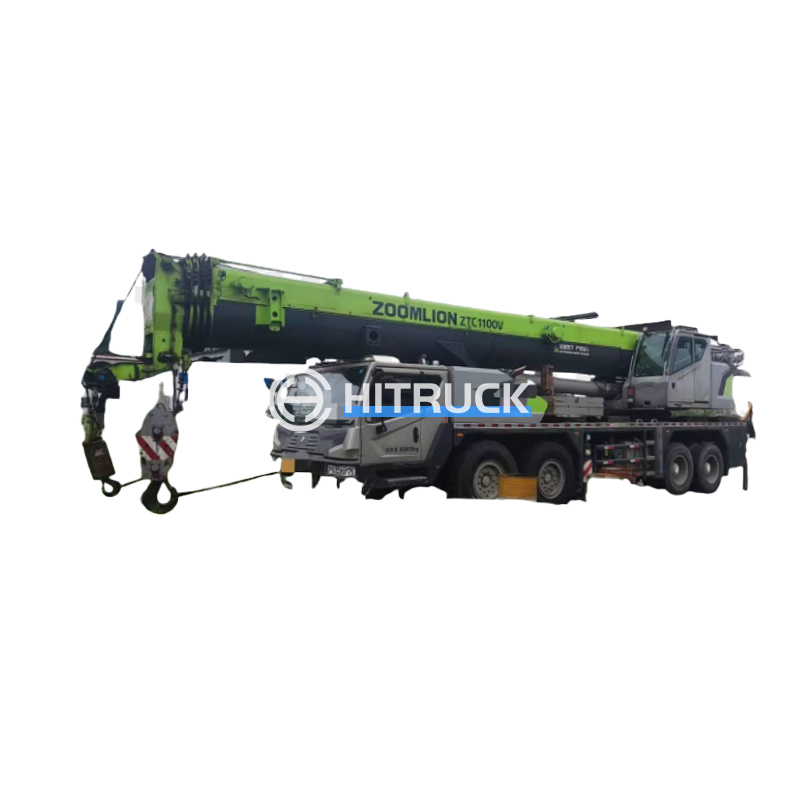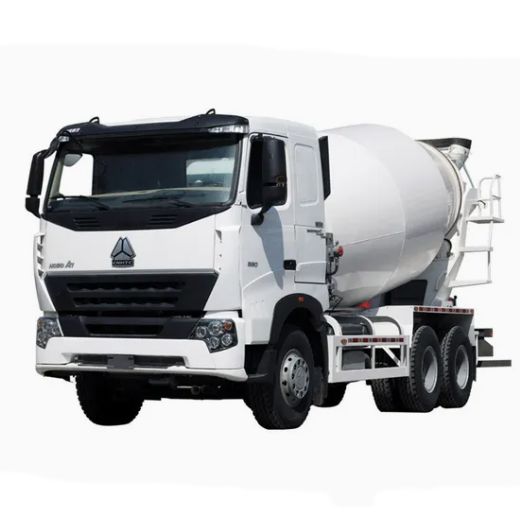This guide provides a comprehensive overview of articulated fire trucks, exploring their design, functionality, advantages, and applications. We'll delve into the specifics of their articulation systems, examine different types and manufacturers, and discuss their crucial role in firefighting operations, especially in challenging terrains and urban environments. Learn about the key features to consider when selecting an articulated fire truck for your needs.
An articulated fire truck, also known as an articulated fire engine, is a specialized firefighting vehicle designed with a hinged joint – the articulation – connecting two sections of the chassis. This unique design allows the truck to maneuver in tight spaces and navigate challenging terrain far superior to traditional fire trucks. This flexibility is crucial for reaching fire scenes in congested urban areas, narrow streets, or off-road locations where a standard fire truck would struggle to access. The articulation allows for sharper turning radii and increased maneuverability, significantly improving response times and operational effectiveness.
Articulated fire trucks vary based on their chassis configuration. Some may feature a shorter front section containing the cab and pump, connected to a longer rear section carrying water tanks and equipment. Other configurations might distribute weight more evenly between the sections. The specific configuration influences the truck's weight distribution, turning radius, and overall carrying capacity. The choice often depends on the specific operational needs and the type of terrain typically encountered.
Different types of articulated fire trucks are designed for various applications. Some are optimized for urban environments, focusing on maneuverability and compactness. Others are built for off-road operations, equipped for rough terrain and challenging access routes. Specialty vehicles may incorporate additional features such as aerial platforms or specialized equipment for specific hazard scenarios. Choosing the right type depends heavily on the geographical characteristics and typical firefighting requirements of the service area.
The primary advantage of an articulated fire truck is its enhanced maneuverability. This allows firefighters to access areas inaccessible to traditional fire trucks. The articulation system reduces turning radius, enabling the truck to navigate narrow streets, congested urban areas, and difficult terrain with ease. This translates to faster response times and improved firefighting efficiency. Additional benefits include improved stability on uneven surfaces and the ability to carry significant water and equipment despite compact dimensions.
When selecting an articulated fire truck, several key features need careful consideration. These include the type of articulation system, the pumping capacity, the water tank capacity, the overall length and weight, the type of drive system (4x4 or 6x6), and the inclusion of specialized equipment (e.g., aerial ladders, foam systems). Furthermore, consider the maintenance requirements and the availability of spare parts and service support from the manufacturer.
Several reputable manufacturers produce high-quality articulated fire trucks. Researching these manufacturers and their product lines will be vital in making an informed purchase decision. Checking their reputation for reliability and after-sales service is just as important as the truck's specifications. [Suizhou Haicang Automobile sales Co., LTD] is one such manufacturer to consider. They offer a wide range of firefighting equipment and might have an articulated fire truck tailored to your requirements.
Articulated fire trucks represent a significant advancement in firefighting technology, offering unmatched maneuverability and access to challenging locations. By carefully considering the various types, features, and manufacturers, fire departments can choose a vehicle perfectly suited to their specific operational needs and improve their overall response capabilities. The right articulated fire truck can be a crucial asset in protecting lives and property.












